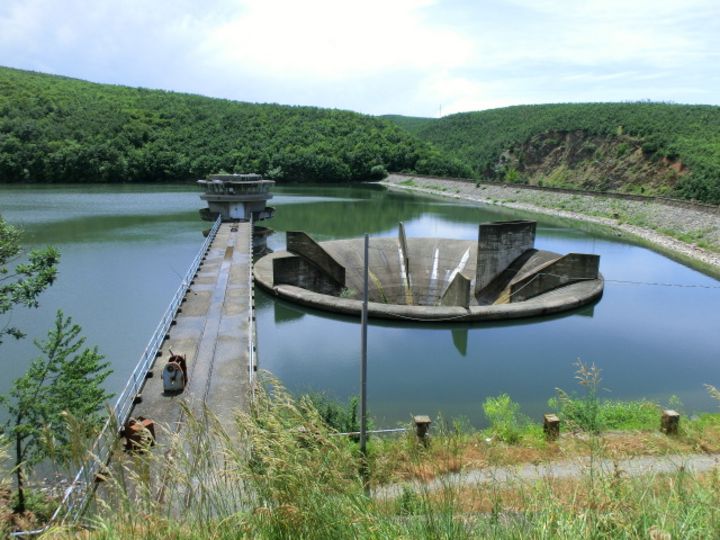With its 1.8 million inhabitants, Kosovo is situated in south-eastern Europe, bordering Albania, Montenegro, Serbia, and Macedonia to its south east. Around 22 % of the population lacks access to a continuous, safe water supply (principally in rural areas). If it is carried out at all, sewage treatment is extremely rudimentary, with around 44 % of the population is not connected to a sewer system. In the countryside, effluent is often channelled, untreated, straight into open sewers, contributing to overall pollution, contaminating local drinking water resources, and posing a health hazard to people affected by this practice.
Due to a lack of qualified staff and insufficient financial resources, the regional water company (RWC) – responsible for running and maintaining the water supply and sewage systems – is unable to operate the infrastructure in a sustainable way. One of the principal challenges is posed by non-revenue water (NRW), defined as the distributed volume of water that is not reflected in customer billings, of around 60 % on average, a not inconsiderable portion of which is due to illegal tapping; another challenge is the low collection rate of 70 % of the water bills. This situation leads to a lack of income needed to operate the systems in the long term on the one hand, and unnecessarily high running costs on the other. In addition, several of the smaller local authorities in the region run their own water and sewage systems and are stalling on transferring their operations to a RWC, which further worsens both the day-to-day operation and the maintenance of the system.
In view of this situation, the Swiss government – represented by SDC (Swiss Agency for Development and Cooperation) – commissioned the Joint Venture of CDI (Community Development Initiatives) and Dorsch International planning and engineering company to carry out an overhaul and improvements to the Pristina water supply and sewage systems.
The project aims to improve the situation on several levels (micro, meso and macro level approach):
- Investments at local level will offer a greater proportion of the population access to water supplies and sewage disposal; this level includes the design, tendering and supervision of construction work for the new systems and rehabilitation of the existing water supply systems.
- Training and investments at a regional level by strengthening RWCs, focussing on the following tasks: improving the operation and maintenance of the infrastructure, reducing water loss, increasing RWC income, protecting water source areas, and integrating independently run, smaller systems in a RWC.
- Strengthening and enhancing coordination among sector institutions at national level: securing political support from the most important institutions and enhancing national and international cooperation in order to improve water supplies and sewage disposal on a long-term basis.
“This fascinating Swiss project which includes as well a substantial financial support from the Government of Kosovo will be finished in 2018. The combination of investment and training over a long period of time offers the best basis in order to make long-lasting improvements to the water supply and sewage disposal systems in Kosovo,” explains Daphne Voss, project manager, International Cooperation at Dorsch.
